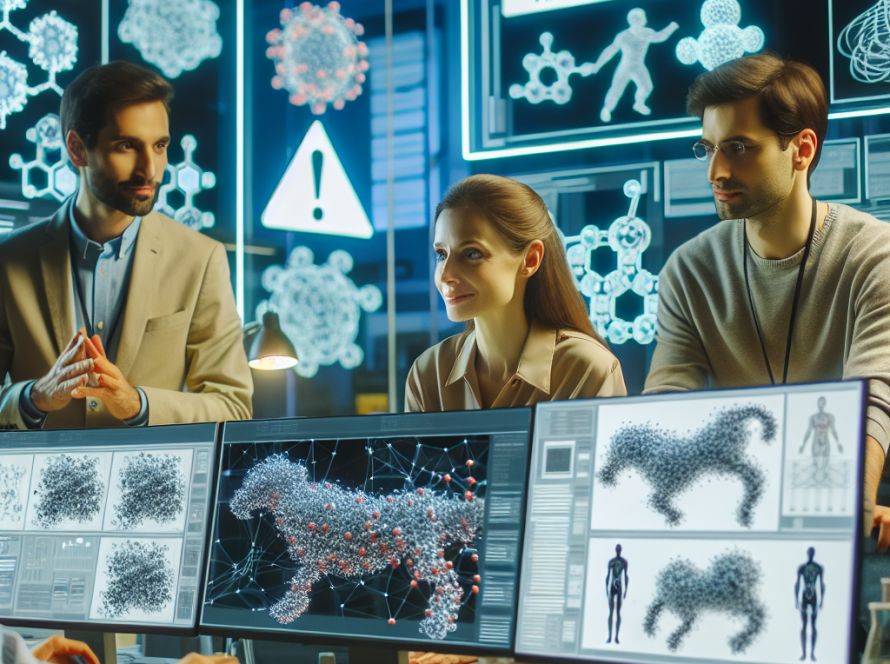MIT had a remarkable year in 2023, achieving progress on several fronts from scientific discoveries to spearheading community initiatives. Among the notable events were the inauguration of MIT President Sally Kornbluth, the Commencement address by Mark Rober, and Professor Moungi Bawendi receiving the Nobel Prize in Chemistry for his research on quantum dots.
The institution made significant advancements across various fields. In the field of astronomy, MIT researchers reported the discovery of a dying star consuming a planet, while in the realm of health, they developed tools for early detection and diagnosis of cancer.
Artificial Intelligence (AI) was another area of focus. MIT researchers created tools for introducing K-12 students to AI. In addition, faculty members discussed the myriad opportunities and risks associated with the rapid progress in AI. They also explored the future of robotics and machine learning, and addressed AI’s potential impact on job quality.
The year was marked by innovation in engineering as well, with MIT engineers developing a technique for 3D printing patient-specific replica hearts. Additionally, MIT startup VulcanForms was identified as one of the most interesting startups in the country, revolutionizing 3D printing technology.
The Institution also advanced in the area of climate innovations. Researchers discovered a common hydrogel with potential to help in combating water shortages. In another advancement, they uncovered a way of creating an energy supercapacitor by combining cement, carbon black, and water, which could potentially be used to power homes or electric vehicles.
In terms of healthcare solutions, MIT researchers were working on drug-delivery nanoparticles for selectively targeting cancer cells. Moreover, they designed a wearable ultrasound device for early detection of breast cancer cells and developed an ingestible pill to tackle gastroparesis.
In the sphere of arts, MIT was involved in producing augmented reality-infused operas and large data-infused woven art pieces. Interesting research projects included exploring how dreams can be used to boost creativity and examining the motivations of Central American migrants to the U.S.
MIT also fostered community initiatives by supporting an all-Indigenous rocket team at the National Rocket Competition, and opening the John A. Volpe National Transportation Systems Center as part of a $750 million redevelopment deal.
Educational excellence was displayed through Professor Gilbert Strang’s extraordinary 63-year teaching legacy, and the introduction of coding classes for inmates through the program “Brave Behind Bars”.
Engagement with public discourse was not left behind, as MIT scholars contributed to conversations about supply chain sustainability, universal health care, and internet communication practices.


